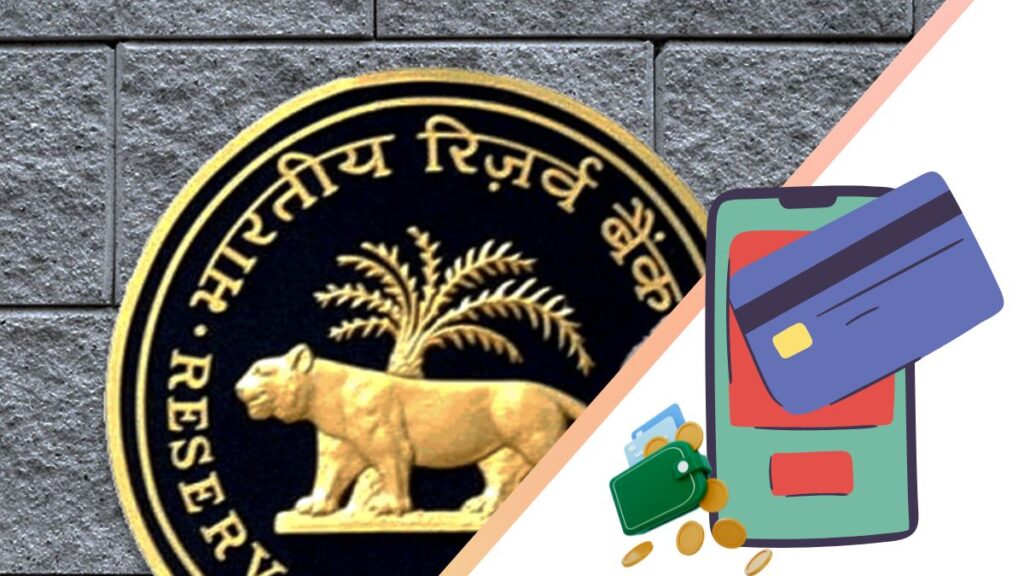The Reserve Bank of India (RBI) has instructed all non-banking payment system operators (PSOs) to keep a close watch on high-value financial transactions during the Lok Sabha elections, which began on April 19. This directive follows concerns raised by the Election Commission of India (ECI) regarding the potential misuse of digital payment methods for illicit election-related activities.
In a letter dated April 15, the central bank directed payment firms to be vigilant and monitor any suspicious transactions. The RBI’s advisory aims to ensure that payment companies scrutinize any significant financial activities during the electoral process.
RBI’s Call to Payment Firms
In a recent development, the Reserve Bank of India (RBI) issued a crucial directive on April 15 to payment system operators (PSOs). The central bank’s aim is to prevent any potential misuse of electronic fund transfer mechanisms during the ongoing Lok Sabha elections. The letter underscores concerns that such misuse could influence voters or inadvertently finance electoral candidates.
As per insights shared by an executive quoted in ET, the RBI specifically wants payment companies to closely monitor high-value merchant payments. This measure is especially significant for regulated payment aggregators like Razorpay, Cashfree, CCAvenue, and Mswipe, as well as mobile wallet license holders such as PhonePe and MobiKwik.
The directive underscores the RBI’s commitment to ensuring the integrity and transparency of financial transactions during the electoral process. By urging payment firms to exercise vigilance and track suspicious activities, the central bank seeks to uphold the democratic principles of fair and unbiased elections.
Monitoring Funds and Cash Movements During Elections
The National Payments Corporation of India (NPCI) will monitor wallet transactions to check for any increase in payment demands. Banks will send reports of suspicious transactions almost daily. These steps are part of the Election Commission’s efforts to limit money’s influence and ensure fair elections.
Meanwhile, the Income Tax Department in Pune has set up a control room to monitor and prevent the misuse of funds during the elections. Additionally, cash movement in bank vehicles is restricted after sunset. The 2024 Lok Sabha elections will take place in seven phases from April 19 to June 1, with vote counting scheduled for June 4.
Election Commission’s Efforts to Stop Fund Misuse in Elections
The Election Commission of India (ECI) has raised concerns about potential fund misuse during elections and has suggested measures to address this issue. They recommend reporting any suspicious transactions to the authorities according to ECI regulations throughout the polling period.
To enforce this, Chief Election Commissioner (CEC) Rajiv Kumar instructed banks to provide daily reports to the ECI if they identify any suspicious transactions during the election phase. Kumar emphasized that the National Payments Corporation of India (NPCI) will closely monitor wallet transactions to ensure compliance. These measures are part of the ECI’s efforts to curb the influence of financial power and maintain fair elections.
Also Read:
Meta Unveils Llama 3 AI Model Challenging OpenAI, Microsoft, and Google
Is Nestle Adding Sugar to Baby Products? Consumer Watchdog Urges FSSAI to Investigate
Google Gemini, OpenAI’s ChatGPT Could Lead to Civilization’s End, Warns Elon Musk

